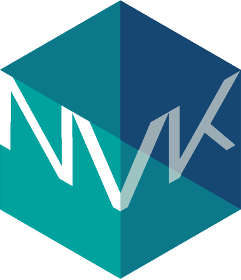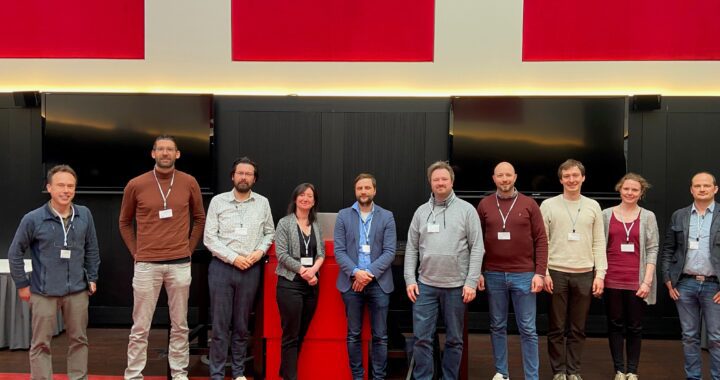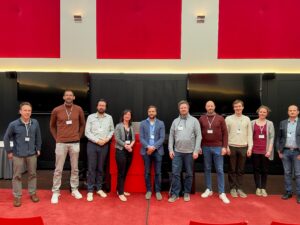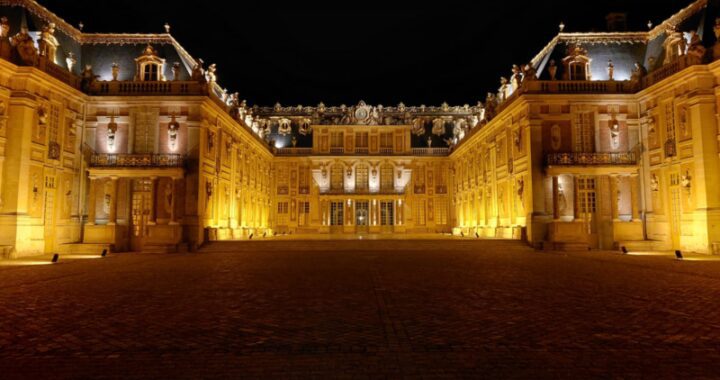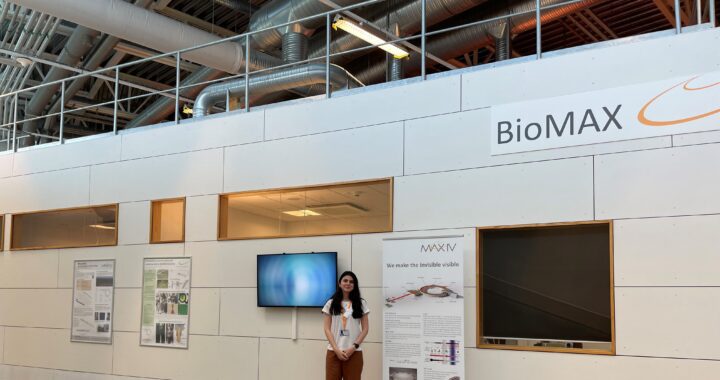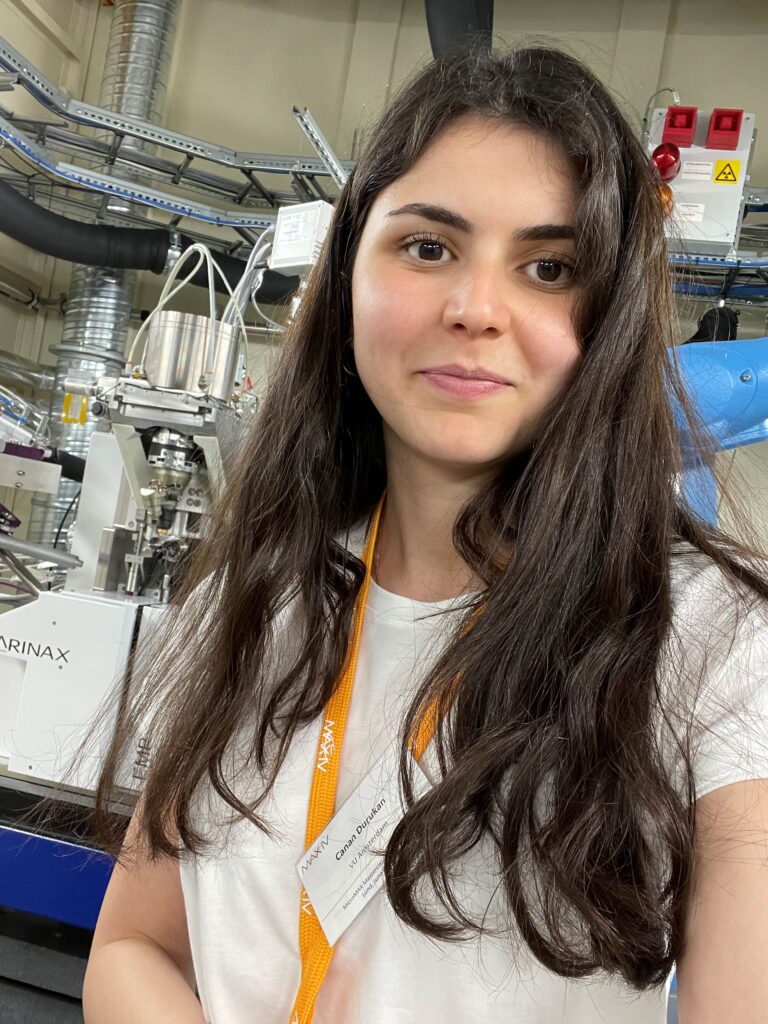Message transmitted on behalf of the organizing committee of the First Franco-German Young Crystallographers Meeting (YCM1):
—–
We are pleased to announce that the first Franco-German Young Crystallographers Meeting (YCM1) will take place in Strasbourg from September 26 to 29, 2023. This new scientific event aims to bring together up to 80 young crystallographers (researchers, doctoral students, post-docs and engineers), all sciences combined. The multidisciplinary nature of crystallography will be highlighted during this event with sessions combining presentations from the fields of Biology, Chemistry, Physics, Mineralogy and Heritage Sciences in particular.
We will have the pleasure to receive invited speakers from academia and industry, with an inspiring background, and we will also have the privilege of meeting Jean-Pierre Sauvage, Nobel Prize in Chemistry 2016.
We are currently preparing a special posters session called “Work with us”, where companies and industries will come to meet their potential future collaborators and present the possibilities of integrating crystallographers within them.
If you know any crystallographers in the industry who might be interested in participating in this special session and if you would like to help us, please forward them this email or give us their contact details.
The registration fees are 70 euros for young crystallographers (140 euros with accommodation for the first 50 registered ones). It is also possible to participate in this event as a “senior” crystallographer for 200 euros. The registration fees for companies wishing to participate in the “Work with us” session are 200 euros.
The deadline for abstracts is July 15, 2023. Oral presentations will be reserved for young crystallographers (up to 35 years old). For more information we encourage you to visit the congress website or send us an email at ycm1.communication@gmail.com.

